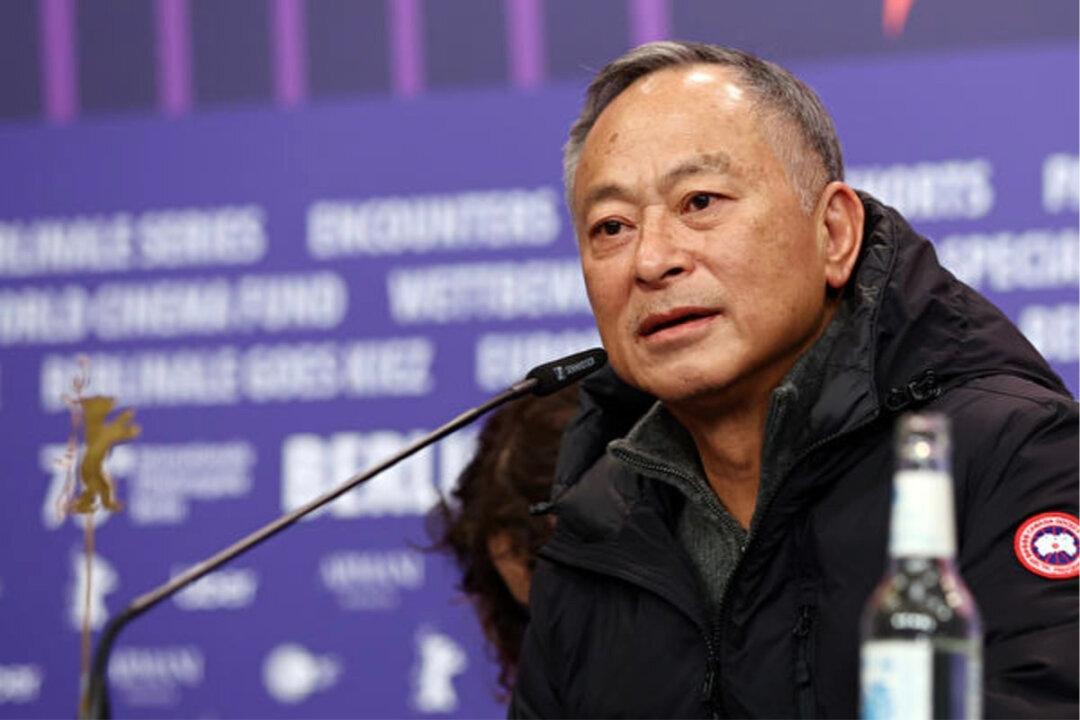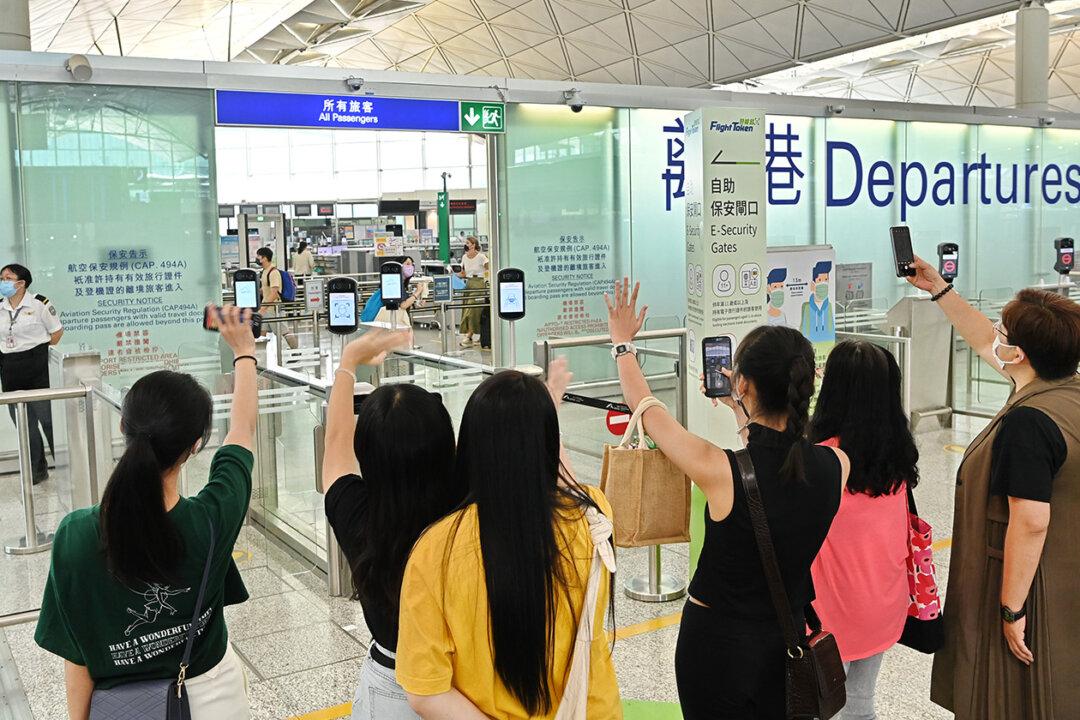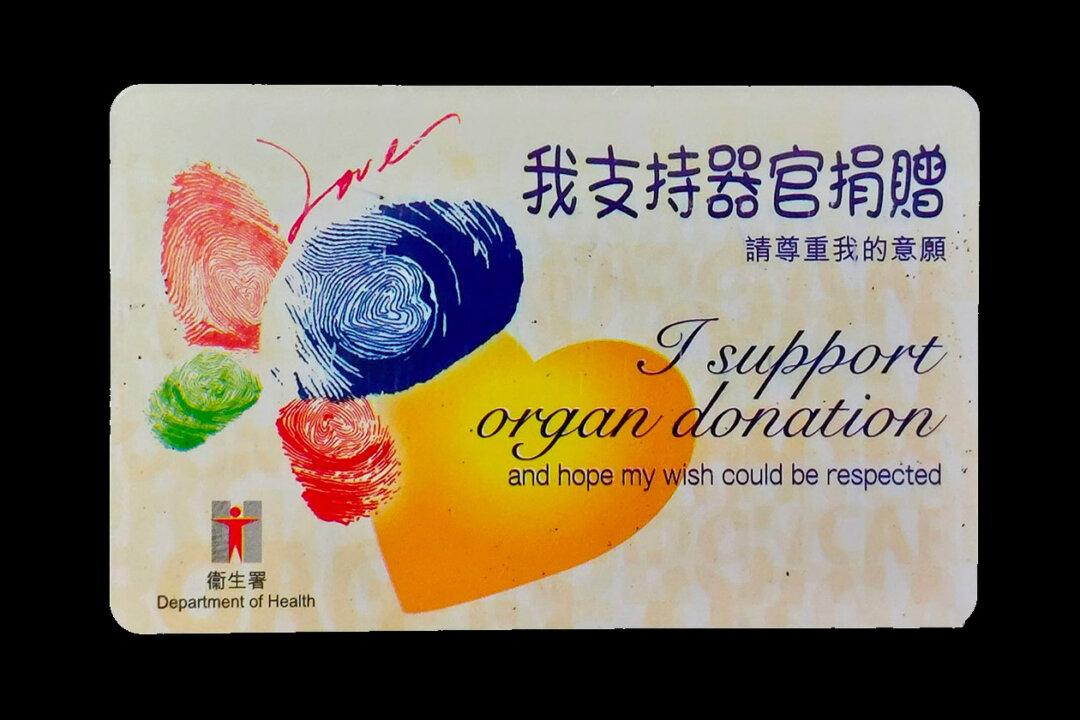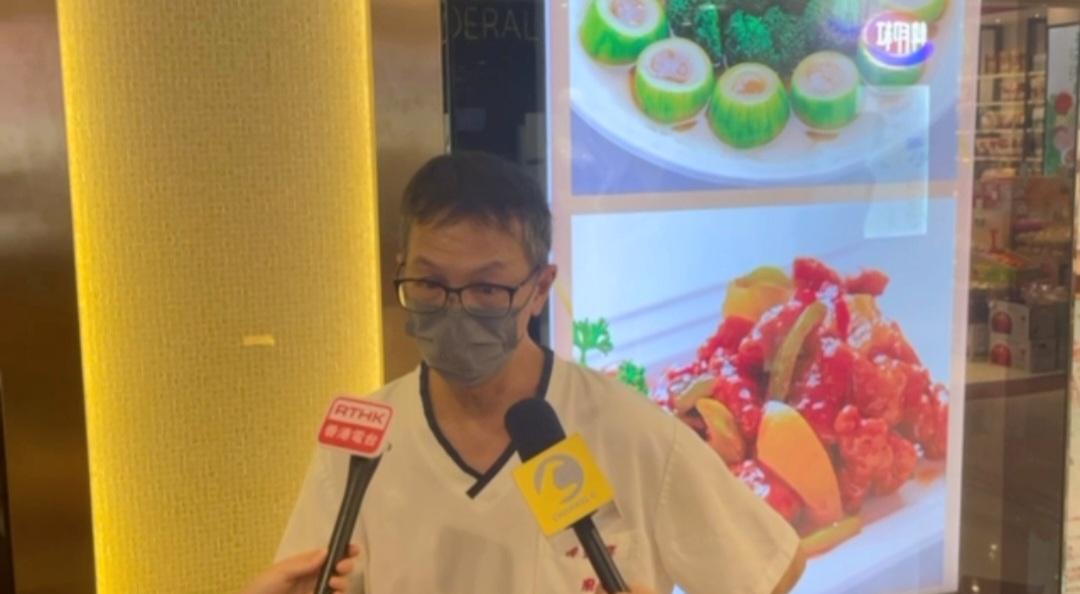Hong Kong director Johnnie To, a three-time best director in the Hong Kong Film Awards and a three-time Golden Horse award winner, is being silenced in China after his comments about dictators against the film industry garnered interest online.
During a Q&A at the 2023 Berlinale, a media member asked, “What makes Cinemas so special that Cinema will never die?” To, who is a jury member, responded, “I think movies are always at the forefront. When there is totalitarianism and people lose their freedom, movies are usually the first to bear the brunt. This is the case in many places. Totalitarianism tries its best to stop your culture. The culture of movies is that it goes directly into the audience, so dictators usually eliminate films first. I think Hong Kong ... No, sorry ... I think countries and people in the whole world fighting for freedom all support the movie world because it will speak for you.”




